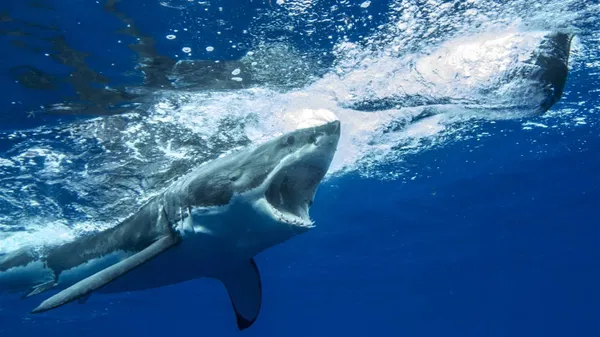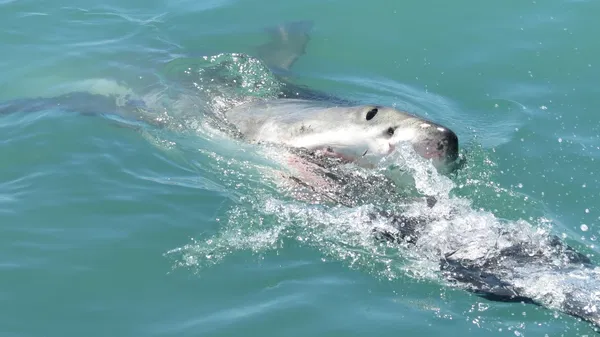
The surfing community is reeling from another tragic shark attack, this time claiming the life of Lance Appleby at Granites Beach, located on South Australia’s Eyre Peninsula. The 28-year-old surfer disappeared beneath the waves last Thursday after being dragged underwater by a great white shark, leaving his family, friends, and the broader community devastated.
Granites Beach has gained a grim reputation for frequent shark attacks, with this being the latest in a series of such incidents. Just last year, 55-year-old surfer Tod Gendle also went missing in a similar encounter. The recurring tragedies have spurred the surfing community to take action in support of grieving families.
To help Appleby’s family cope with financial hardships during this difficult time, a GoFundMe campaign was recently launched. The campaign description expressed the family’s immense grief, stating that the loss of Lance has left a deep void in their hearts. It also noted that the family takes some solace in knowing that he died doing what he loved most. The community has responded with overwhelming generosity, raising over $100,000 so far.
Lance Appleby was known for his infectious smile, passion for surfing, and talent as a footballer. His brother, Kenneth, shared his sorrow on social media, stating that he would give anything to bring Lance back. The significant outpouring of financial and emotional support reflects how deeply Lance was cherished both in and out of the water.
The incident has reignited debates within the surfing fraternity about safety in shark-infested waters. Shark fisherman Jeff Schmucker, who recovered Lance’s surfboard, revealed that the board had bite marks, and its leash was severed. Many surfers and ocean enthusiasts have since taken to social media to share their condolences and discuss preventive measures that could be implemented to reduce such tragic encounters. Suggestions include better education for surfers on how to stay safe in shark-prone areas and increased efforts by authorities to mitigate risks.

Shark attacks have been a growing concern globally. In January last year, a 10-year-old child was attacked by a shark in the Bahamas. Other recent incidents include the death of Lauren Erickson Van Wart in Massachusetts, a narrow escape by a surfer on Australia’s West Coast, and a brutal attack that ended surfing celebrity Charley Hajek’s streak of 148 consecutive days in the water. Hajek recounted his harrowing experience, describing the moment the shark bit him as feeling like stepping on a live electric socket.
In July, 23-year-old surfer Kai McKenzie lost his leg to a shark attack in New South Wales. Such incidents have sparked debates about human interference in marine ecosystems. Many local residents and marine advocates argue that humans are encroaching on sharks’ habitats, increasing the likelihood of such encounters. They call for initiatives that promote better cohabitation between humans and marine life to reduce conflicts.
As the community mourns Lance Appleby’s loss, the tragedy has once again highlighted the risks surfers face while pursuing their passion. Some see these risks as part of the thrill, while others believe more proactive measures are needed to ensure safety. Discussions continue about the balance between respecting nature and mitigating danger.